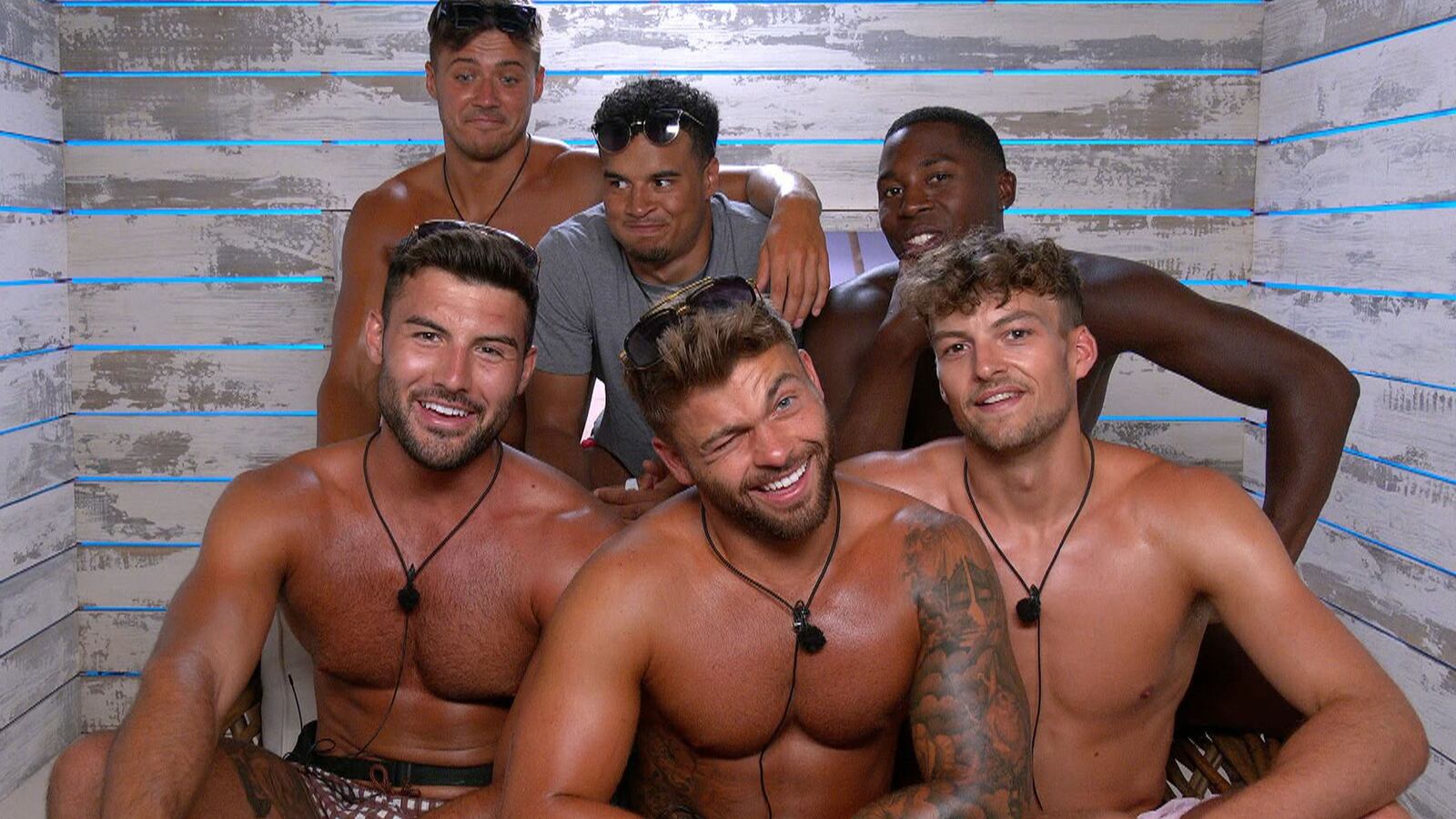There’s always been a hint of playful rivalry between the United States and the United Kingdom. Of course, it wasn’t as good-natured back when American colonists beat back the tyrannical Redcoats during the Revolutionary War, but things have long since settled down.
Still, the U.K. will always lord three things over Americans: charming accents, the right to claim that soccer should actually be called “football,” and having the far superior version of the reality TV dating show Love Island.
The third season of Love Island, America’s copycat show on CBS, kicked off Wednesday night. As usual, a handful of attractive women and men are paired up to see which couple will take home the $100,000 prize money at the end of the summer.
Overall, the 90-minute episode dragged, despite its plethora of muscled, shirtless men peacocking for the ladies, who giggled at their jokes while strutting around in bright-colored bikinis. Even when two new men strutted into the Hawaiian resort to stir things up a few hours after everyone settled in, it failed to make up for its tediousness.
While the first episode of Love Island is always a bit of a slog, as the audience warms to a host of different personalities, the Season 3 premiere served as further evidence that the U.S. adaptation just doesn’t hold a candle to the U.K.
The show across the pond only started last week, but there’s already been plenty of fireworks—from a shock dumping from the villa, to a handful of new additions, to a couple of cheeky snogs. Plus, two of the women made a fan-favorite male contestant cry over what he thought was an innocuous comment about plastic surgery.
As with most new reality shows, Love Island U.K. wasn’t always that big of a success. The first season, which aired in 2015, was a tad experimental, with contestants coming into the tricked-out Spanish villa in search of hookups, partying, and fame rather than looking for love.
Some of the women who appeared in the early seasons were also shamed for getting physical with the men in the house. In Season 2, reigning Miss Great Britain Zara Holland erupted into tears during filming when she was informed that a romp with her love interest had led to the pageant organization de-crowning her. It was also a tad crass, with one of the men’s ex-girlfriends entering the mansion only to boldly hook up with another cast member over the bed covers across from her former flame and the rest of the house.
But by Season 3, it had become a national sensation. Thousands of young women and men applied, and when the bikini-clad ladies and shirtless lads sauntered onto people’s screens, they became household names overnight. If they succeeded in winning over their audience, they could head home with a partner and £50,000 richer—and if they played their cards right, become a regular fixture in the U.K. entertainment industry.
In 2019, the U.S. decided to give its own version of Love Island a go. It would follow the same format: throw a group of the nation’s most dashing young men and women into one over-the-top mansion and have them find love, with challenges and pot-stirring along the way.
It had all the trappings of the O.G.—cheesy intros, wise-guy narrator, bubbly host, and most importantly, a ridiculously good-looking and in-shape cast who seem to have an aversion to clothing. Watching both shows on mute, you’d be hard-pressed to spot the differences.
So why does Love Island U.S. miss the mark?
America just doesn’t have the same national love affair with Love Island that the U.K. does. Perhaps we’ve been inured to its horny charms due to a surfeit of existing reality-dating shows with similar formats, such as Temptation Island, The Challenge, and Bachelor in Paradise. Americans are already rather wedded to ABC’s Bachelor and Bachelorette (and its various spinoffs), with millions of diehard fans tuning in every week.
Men and women of all ages tune in nightly to take in Love Island like rabid English football fans watching their clubs’ matches, voting to dump certain islanders and taking the heated discourse over to social media. On the off chance that someone missed an episode, they’d have to stay far away from Twitter, where the timeline is overloaded with Love Island updates.
It provides fun, lighthearted fodder for water cooler talk. And it’s not because of the assumed raunchiness that comes with singles being encouraged to flirt all day with one another, although there are some steamy hookups. British contestants are surprisingly tame—innocently giggling over first kisses that take days to materialize and sweetly encouraging others to take the next step in a relationship.
Or it may be that the U.K. contestants are a tad more candid and actually make an effort to banter with one another to determine if they are matches, rather than the Americans’ tendency to opt for surface-level flirtation. Or perhaps it’s the accents. It’s hard to put a finger on it, but Love Island U.K. is unquestionably more entertaining, engaging, and pure fun to watch.
Still, the U.K.’s Love Island isn’t without its faults. It has a glaring race issue, with nearly every man who saunters into the villa listing his type as blonde, petite, and with blue eyes. For Black women, it can be hard to find a match—as in a recent episode when Brad McClelland tried to win over Rachel Finni, a Black woman, by saying he’s primarily attracted to women with “dark features.” When sandy-haired bombshell Lucinda Strafford, who is white, strutted in, Brad was dumbstruck. A drooling Brad then declared her his “perfect type,” claiming she was the first woman in the house that he’s truly been attracted to. Rachel was reduced to tears.

Additionally, the spotlight it thrust its twentysomething contestants into—with little preparation and a lack of mental health resources—has taken its toll. Former contestant Sophie Gradon died by suicide in June 2018, and the following year Mike Thalassitis, another star on the reality show, also took his life. In Feb. 2020, the show suffered another horrendous tragedy when longtime host Caroline Flack died by suicide after she was charged with assaulting her boyfriend Lewis Burton at her London home.
Their deaths rocked the show, which implemented mental health aftercare for contestants following their time on Love Island.
But even with all its shortcomings, there’s something magical about the U.K. version of the show that the U.S. one lacks. While viewers wait to see if the third season of Love Island U.S. will finally find its groove, rather than copy-pasting the British formula, it can only thank them for trying with a “cheers babes.”


